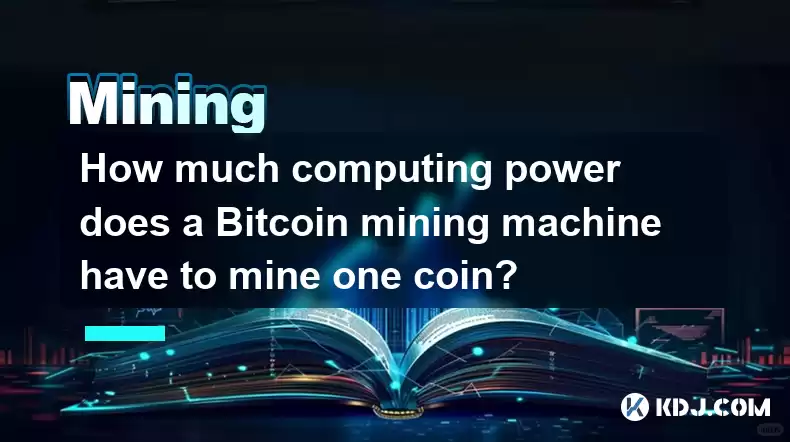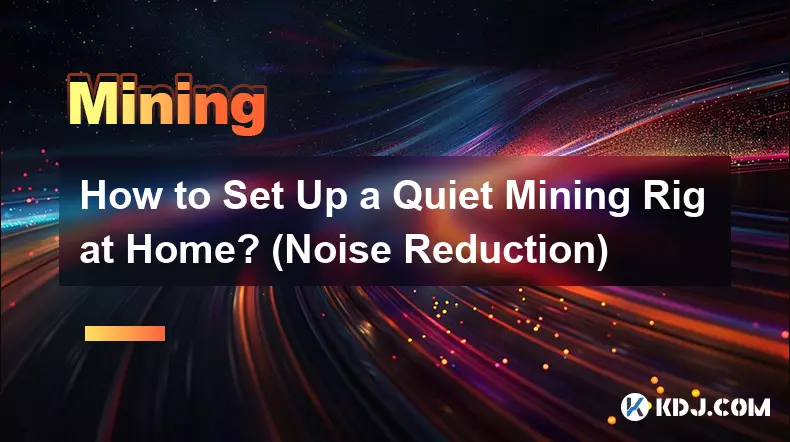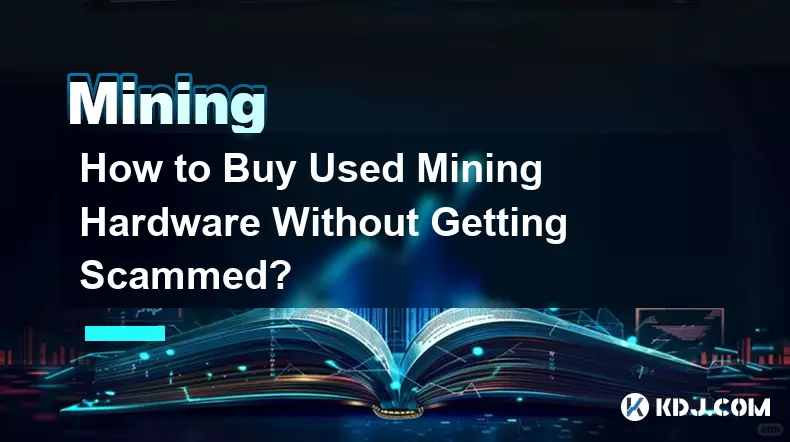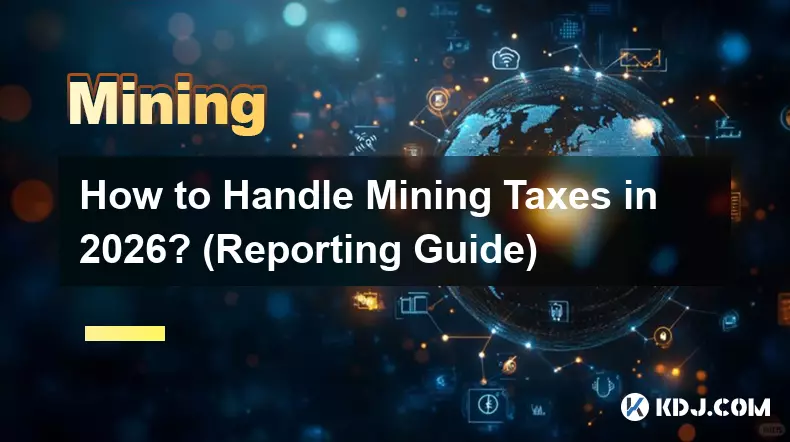-
 bitcoin
bitcoin $87959.907984 USD
1.34% -
 ethereum
ethereum $2920.497338 USD
3.04% -
 tether
tether $0.999775 USD
0.00% -
 xrp
xrp $2.237324 USD
8.12% -
 bnb
bnb $860.243768 USD
0.90% -
 solana
solana $138.089498 USD
5.43% -
 usd-coin
usd-coin $0.999807 USD
0.01% -
 tron
tron $0.272801 USD
-1.53% -
 dogecoin
dogecoin $0.150904 USD
2.96% -
 cardano
cardano $0.421635 USD
1.97% -
 hyperliquid
hyperliquid $32.152445 USD
2.23% -
 bitcoin-cash
bitcoin-cash $533.301069 USD
-1.94% -
 chainlink
chainlink $12.953417 USD
2.68% -
 unus-sed-leo
unus-sed-leo $9.535951 USD
0.73% -
 zcash
zcash $521.483386 USD
-2.87%
How much computing power does a Bitcoin mining machine have to mine one coin?
High-powered ASIC mining machines harness immense computing power to solve complex mathematical problems, securing the Bitcoin network and generating new coins.
Jan 11, 2025 at 10:12 am

How much computing power does a Bitcoin mining machine have to mine one coin?
Key Points:- Understanding the Bitcoin Mining Process: Explore the fundamentals of Bitcoin mining, including the concept of Proof-of-Work and the role of computing power in securing the network.
- Hashing Power and Difficulty: Delve into the mathematical calculations involved in Bitcoin mining and how they determine the difficulty level of finding a valid block.
- Hardware Evolution: Examine the advancements in Bitcoin mining technology, from early CPU-based systems to specialized ASICs designed for maximum efficiency.
- The Role of Mining Pools: Discover how mining pools combine the computing power of multiple miners to increase their chances of finding a block and earning rewards.
- Calculating Mining Profits: Analyze the factors that influence the profitability of Bitcoin mining, including electricity costs, hardware performance, and market value of the coin.
- Sustainability Concerns: Discuss the environmental impact of Bitcoin mining and explore potential solutions for reducing energy consumption.
Understanding the Bitcoin Mining Process
Bitcoin mining is the process of verifying and adding transactions to the Bitcoin blockchain, the distributed ledger that records all Bitcoin transactions. Miners use specialized computers to solve complex mathematical problems to create a cryptographic hash of a block of transactions. Once a valid hash is found, the block is added to the blockchain, and the miner receives a reward in Bitcoin.
Hashing Power and Difficulty
The difficulty of finding a valid hash is determined by the network's difficulty level, which adjusts every 2016 blocks based on the total computing power dedicated to the network. The higher the difficulty level, the more computing power is required to solve the problem.
Hardware Evolution
Early Bitcoin miners used CPUs (central processing units), but as the difficulty level increased, specialized ASICs (application-specific integrated circuits) emerged as the most efficient and cost-effective option for mining. ASICs are optimized for hashing operations and deliver significantly higher hashing power than CPUs or GPUs.
The Role of Mining Pools
Mining alone can be a risky and time-consuming endeavor, so many miners join mining pools. Pools combine the computing power of multiple miners, increasing their chances of finding a block and earning rewards. Rewards are then distributed among pool members based on their contribution.
Calculating Mining Profits
The profitability of Bitcoin mining depends on several factors:
- Hardware costs: The purchase and maintenance of ASIC mining machines can represent a significant investment.
- Electricity costs: Bitcoin mining consumes a substantial amount of electricity, so energy prices can impact profitability.
- Hash rate: The higher the hash rate of a mining machine, the more likely it is to find a block and earn rewards.
- Market value of Bitcoin: The value of Bitcoin fluctuates, which affects the potential profits from mining.
Sustainability Concerns
Bitcoin mining has come under scrutiny for its high energy consumption. To address this concern, initiatives such as using renewable energy sources and optimizing mining operations are being explored to reduce the environmental impact.
FAQs
Q: How many Bitcoin can a mining machine mine in a day?- A: The number of Bitcoin mined per day depends on the hash rate of the machine, the difficulty level, and the luck of the miner.
- A: As of 2023, the fastest Bitcoin mining machine is the Antminer S19 XP from Bitmain, with a hash rate of 140 TH/s.
- A: The cost of mining one Bitcoin varies depending on factors such as hardware costs, electricity prices, and mining difficulty.
Disclaimer:info@kdj.com
The information provided is not trading advice. kdj.com does not assume any responsibility for any investments made based on the information provided in this article. Cryptocurrencies are highly volatile and it is highly recommended that you invest with caution after thorough research!
If you believe that the content used on this website infringes your copyright, please contact us immediately (info@kdj.com) and we will delete it promptly.
- No More Pocket Bricks: Tracker Cards Offer the Sleek AirTag Wallet Fix Solution
- 2026-02-01 22:10:02
- Trump's Northern Blast: How Canada Remarks Jolted WLFI Price and Shook Crypto Holders
- 2026-02-01 21:55:01
- Bitcoin Navigates Bear Market Blues Amidst a Weakening Dollar: A Shifting Crypto Landscape
- 2026-02-01 22:10:02
- Dogecoin's Rollercoaster: Navigating Moonshot Dreams Amidst Memecoin Risks
- 2026-02-01 22:05:01
- Bitcoin Price Drops: Key Factors Fueling the Sell-Off and What Comes Next
- 2026-02-01 22:05:01
- Bitcoin and Crypto Market Experience Wild Weekend Crash: What You Need to Know
- 2026-02-01 22:00:01
Related knowledge

How to Earn Passive Income with DePIN Mining? (New Trend 2026)
Feb 01,2026 at 12:40pm
Understanding DePIN Mining Mechanics1. DePIN mining relies on real-world infrastructure participation rather than computational hashing. Users deploy ...

How to Set Up a Quiet Mining Rig at Home? (Noise Reduction)
Feb 01,2026 at 11:00pm
Acoustic Enclosure Design1. Use rigid, dense materials such as MDF or acoustic-grade plywood for the enclosure walls to block mid-to-high frequency no...

How to Mine Bitcoin on Mac (M1/M2/M3)? (Software Tutorial)
Feb 01,2026 at 07:19pm
Understanding Bitcoin Mining on Apple Silicon1. Bitcoin mining relies on solving cryptographic puzzles using computational power, and Apple’s M1, M2, ...

How to Buy Used Mining Hardware Without Getting Scammed?
Feb 01,2026 at 08:00pm
Research the Seller's Reputation Thoroughly1. Check archived listings and feedback on platforms like Bitcointalk forums, Mining Hardware subreddits, a...

How to Handle Mining Taxes in 2026? (Reporting Guide)
Feb 01,2026 at 01:39am
Tax Classification of Mining Rewards1. Cryptocurrency mining rewards are treated as ordinary income at the fair market value on the date of receipt. 2...

How to Start Solo Mining and Win a Block Reward? (High Risk/Reward)
Feb 01,2026 at 06:40am
Understanding Solo Mining Mechanics1. Solo mining means operating a full node and attempting to solve cryptographic puzzles independently without join...

How to Earn Passive Income with DePIN Mining? (New Trend 2026)
Feb 01,2026 at 12:40pm
Understanding DePIN Mining Mechanics1. DePIN mining relies on real-world infrastructure participation rather than computational hashing. Users deploy ...

How to Set Up a Quiet Mining Rig at Home? (Noise Reduction)
Feb 01,2026 at 11:00pm
Acoustic Enclosure Design1. Use rigid, dense materials such as MDF or acoustic-grade plywood for the enclosure walls to block mid-to-high frequency no...

How to Mine Bitcoin on Mac (M1/M2/M3)? (Software Tutorial)
Feb 01,2026 at 07:19pm
Understanding Bitcoin Mining on Apple Silicon1. Bitcoin mining relies on solving cryptographic puzzles using computational power, and Apple’s M1, M2, ...

How to Buy Used Mining Hardware Without Getting Scammed?
Feb 01,2026 at 08:00pm
Research the Seller's Reputation Thoroughly1. Check archived listings and feedback on platforms like Bitcointalk forums, Mining Hardware subreddits, a...

How to Handle Mining Taxes in 2026? (Reporting Guide)
Feb 01,2026 at 01:39am
Tax Classification of Mining Rewards1. Cryptocurrency mining rewards are treated as ordinary income at the fair market value on the date of receipt. 2...

How to Start Solo Mining and Win a Block Reward? (High Risk/Reward)
Feb 01,2026 at 06:40am
Understanding Solo Mining Mechanics1. Solo mining means operating a full node and attempting to solve cryptographic puzzles independently without join...
See all articles
























![[Audio stories] Streamer Became a Billionaire Overnight After Buying One Junk Coin [Audio stories] Streamer Became a Billionaire Overnight After Buying One Junk Coin](/uploads/2026/02/01/cryptocurrencies-news/videos/origin_697eaa9a495ed_image_500_375.webp)

















































